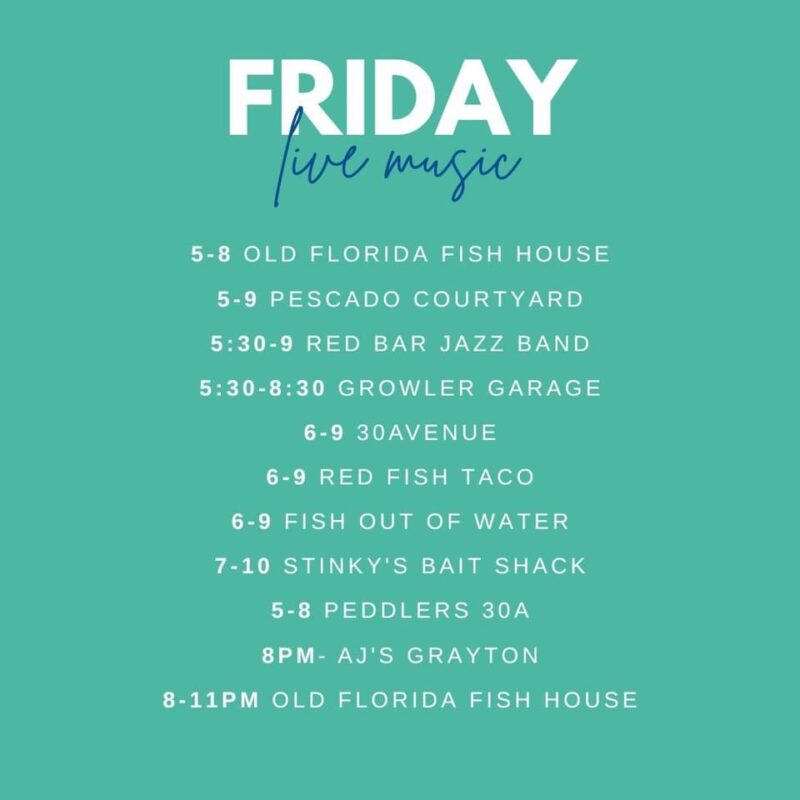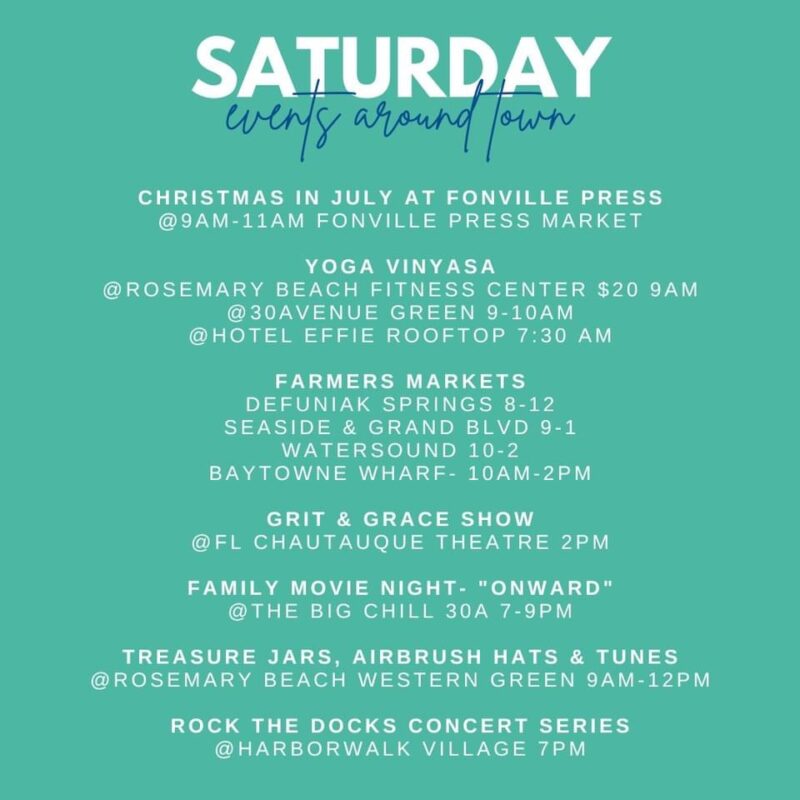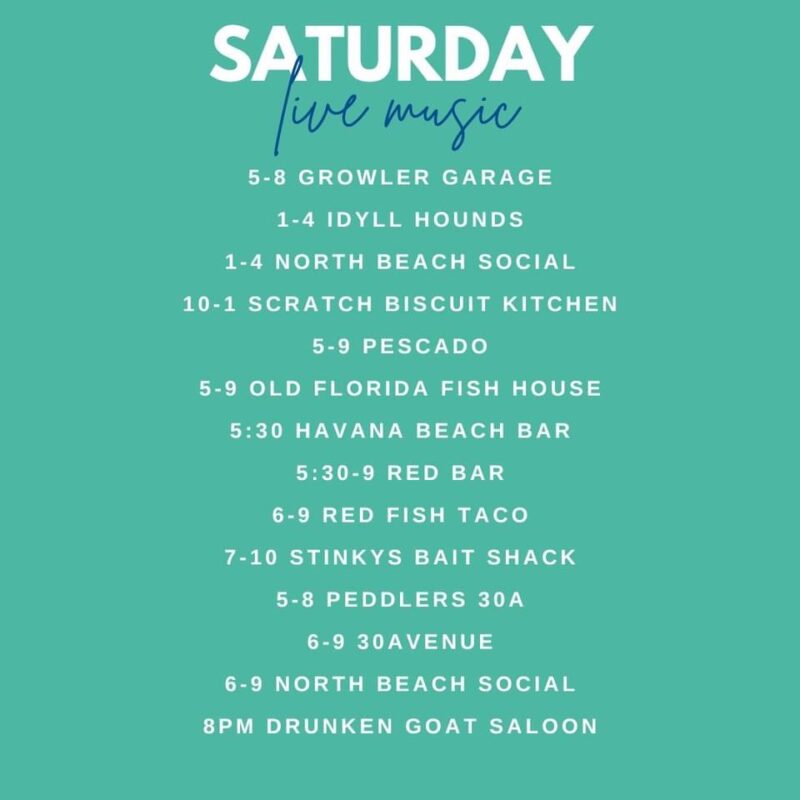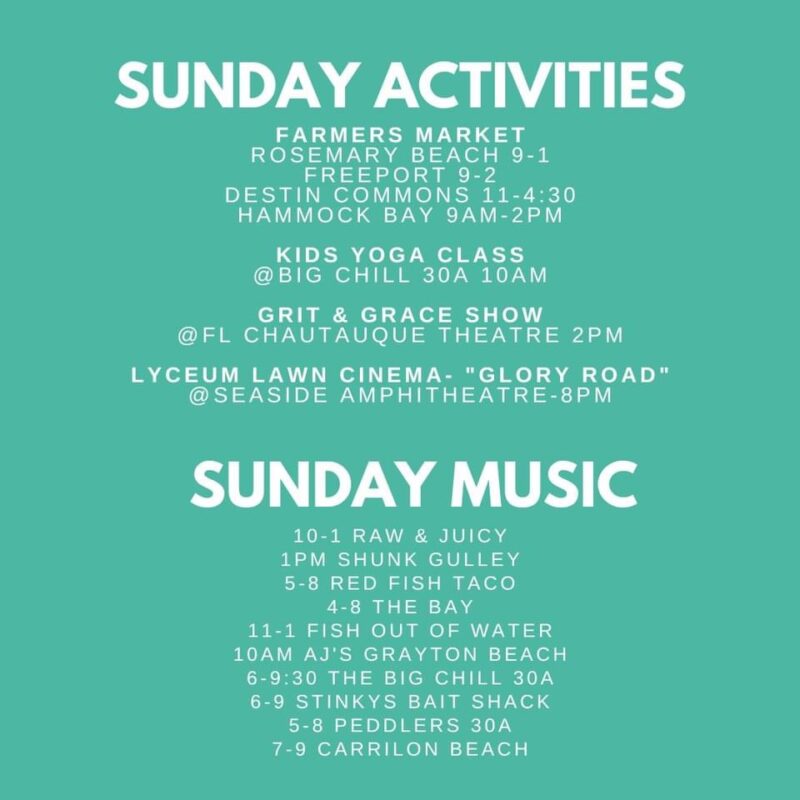Buying a Second Home in Northwest Florida
If you’re thinking of buying a second home, look no further than Northwest Florida. Here you’ll find gorgeous white-sand beaches and a variety of thriving coastal communities. Northwest Florida isn’t just a place to visit, it can be a haven for you and your family, or a profitable investment property.
Purchasing a second property raises many questions. It can be overwhelming to get started. In this article, we’ll cover everything you need to know about buying a second home in Northwest Florida.
What Is a Second Home?
A second home is a supplementary property that’s purchased in addition to your primary residence and is intended to be lived in for a portion of the year. A second home can be used for leisure, as an investment, or both. Vacation homes are often second homes and can range from a beachfront villa to a rural mountain cabin in the woods.
For some, second homes are a peaceful retreat from their busy everyday lives. For others, a second home generates additional income through rental opportunities when not in personal use.
There’s a significant difference between a primary residence and a second home in the eyes of financial institutions and tax authorities. Mortgage loan terms, interest rates, insurance premiums, and property taxes often vary between the two types of properties, largely influenced by how frequently the property is occupied.
To qualify as a second home, the following criteria must be met:
- The property must be reasonably distant from the owner’s residence.
- The property must be liveable for some part of the year.
- The owner must have exclusive control over the property.
The IRS also has specific guidelines that dictate whether a property can be considered a second home for tax purposes. The homeowner must use the property for personal enjoyment for more than 14 days or more than 10% of the number of days during the year that the home is rented out, whichever is greater.
Benefits of Buying a Second Home
Owning a second home in Northwest Florida opens a realm of possibilities, from generating income through vacation rentals to providing a second home for personal vacations or even semi-retirement.
Investment Opportunities
A second home can be a lucrative source of income as an investment property. With Northwest Florida’s charming white-sandy beaches, your property could potentially become a coveted destination for tourists.
Short-term rentals are a great way to capitalize on the tourist season. Whether you leverage popular platforms like Airbnb or Vrbo, putting your second home up as a vacation rental is a profitable and rewarding investment.
You could also opt for long-term leasing to ensure steady income throughout the year. As a landlord, you should consider hiring a property manager to oversee the day-to-day operations, especially if you don’t live in the immediate area. You may also want to consult a tax professional to help navigate the complex tax benefits and obligations that come with owning a second property, including deductions you could be eligible for.
Personal Benefits
Some people choose to purchase a second home in Northwest Florida for more personal reasons. Some may just want a personal vacation spot where they can enjoy the sunshine in the wintertime.
While others might be looking to buy a second home who are in the middle of upgrading from their current house, but want to keep their current home as a rental property. Sometimes home buyers purchase a second home for a family member, or for retirement. Whatever the reason may be, buying a second home can be well worth the investment, even if it’s just for personal enjoyment.
How to Buy a Second Home
Purchasing a second property can be a complicated process. Understanding the unique circumstances that can arise will help protect you and your investment. Whether you’re seeking a place on the beach to soak up some sun or some extra cash from rental income, here are some steps you’ll have to take to acquire your second home.
Determine Your Budget
The initial step when buying a second home is to determine our budget and the upcoming expenses you’ll incur from the purchase. Here are a few costs you’ll need to consider:
- Mortgage Payment: We’ll cover this more in the next section, but you’ll want to assess how much your mortgage payment will be. If you’re planning on renting out the property, consider how much you’ll need to pay if you don’t find tenants right away.
- Property Taxes: Find out what you’ll owe in property taxes based on the market value of the second home.
- Homeowners Insurance: This amount will change based on whether you’ll be using the property as a personal vacation spot, or using it as a short or long-term rental.
- Maintenance: Typical maintenance expenses include landscaping, fixing repairs, and keeping the property safe and clean.
- Utilities: Water, electricity, internet, air conditioning, heat, plumbing, trash removal, and security are some examples of utilities you (or your tenant) will have to pay for.
Qualifying for a Second Home Mortgage
Unless you plan to buy your second home with cash, you’ll probably need to secure financing to purchase the property. Obtaining a mortgage for a second home can be even more challenging than getting a loan for a primary residence.
Lenders implement stringent criteria, often requiring a lower debt-to-income ratio compared to that for a first home. Interest rates for second homes are also customarily higher to compensate lenders for the higher risk associated with second-home loans.
Prospective buyers should expect to pay between 10% to 20% for a down payment on a second home. Lenders also prefer those with a credit score of 640 and above. Government loans are usually not acceptable to lenders for second homes. Jumbo loans and conventional loans are the most common, and each has its own advantages.
Equity and Refinancing Options
For those who have substantial equity in their primary residence, a home equity line of credit (HELOC) may be a good option to finance a second home. This allows homeowners to borrow against the equity of their current home at a potentially lower interest rate than traditional loans.
Another option would be a cash-out refinance, where homeowners can renegotiate their mortgage to reflect a higher value than what they currently owe, and use the surplus to purchase a second home. Each option carries its own benefits and inherent risks which should be carefully considered.
Closing Costs
Buyers should be aware of the additional costs that can occur when buying a second home. Closing costs encompass fees that must be paid between the buyer and seller to conclude a real estate transaction.
Some examples of closing costs include mortgage application fees, closing fees paid to the closing company, title insurance, credit report fees, attorney’s fees, private mortgage insurance (PMI), property appraisal fees, property taxes, and more. These fees are due prior to closing the deal and some of the costs can often be negotiated between the buyer and seller.
Partnering with a Real Estate Professional
Finding a local real estate agent who has experience in Northwest Florida can be invaluable. It can be difficult to manage all of the steps that go into purchasing a second property. It’s worth it to have a trusted professional who knows the area and the market.
A knowledgeable agent can offer expert guidance throughout the entire process. From evaluating market trends to finding the right property and handling negotiations, a real estate professional can save you a lot of time and money.
The Perfect Getaway
Buying a second home can be a challenging, yet rewarding journey. It can be a lot to handle, budgeting all of your expenses and going through the mortgage application process. But in the end, it’s all worth it.
There’s no better feeling than walking into your new vacation home or closing that deal on your next great investment property. With the right guidance and understanding, buying a second home can be an exciting new chapter.
For more information about buying a second home in Northwest Florida, contact Rising Star Realty today.







